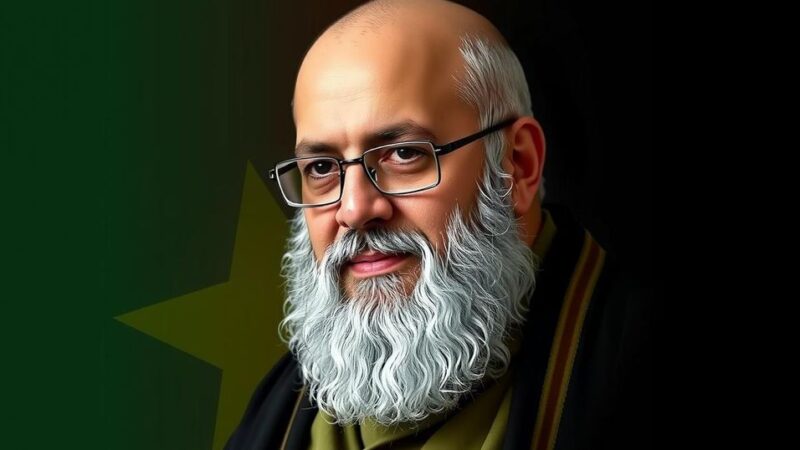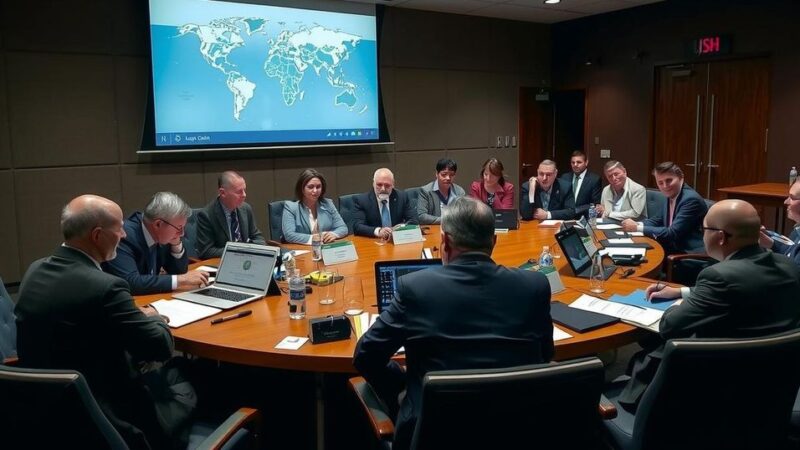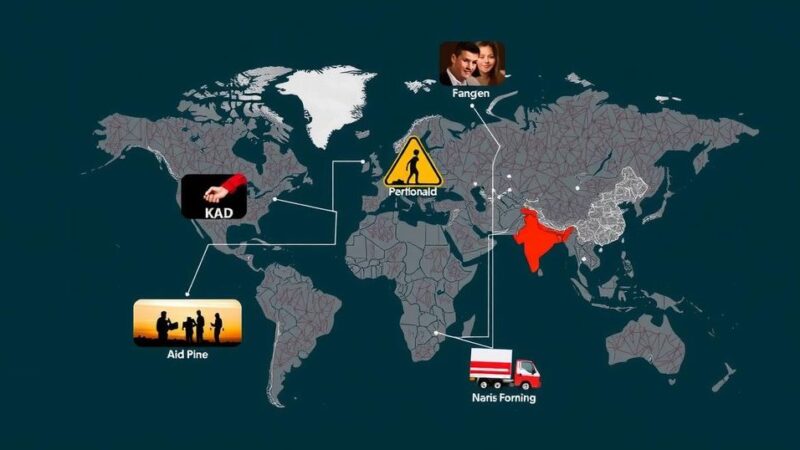Cardinal Ameyu of Juba expressed hope for lasting peace in South Sudan after the government announced a two-year postponement of national elections. The delay aims to allow for a national census, a permanent constitution, and a voter register. Despite ongoing violence and economic hardship affecting the population, the Tumaini Peace Initiative shows promise for uniting armed groups under a peace agreement. The Cardinal credited Pope Francis’ visit in February as a catalyst for positive change, noting increased church participation and reduced violence since.
Cardinal Ameyu, the Archbishop of Juba, expressed optimism regarding the prospects for enduring peace in South Sudan despite the recent postponement of national elections by two years. Speaking to Vatican News, he emphasized the necessity for political parties to adequately prepare for future elections, allowing the citizens of South Sudan the opportunity to exercise their right to vote in a peaceful manner. The Cardinal remarked, “If the people of South Sudan have accepted the postponement of the elections for another two years… we have no problem with the status quo.” Following the announcement from President Salva Kiir’s office regarding the extension of the transitional period, the government cited the need for a national census, the drafting of a permanent constitution, and the establishment of a voter register as essential steps preceding the elections, previously scheduled for December 2024. The amendment to the Transitional Constitution was executed on 21 September, extending governance arrangements that originated from the 2018 Revitalized Agreement, which initially aimed to resolve conflict in South Sudan. The Cardinal acknowledged the ongoing intercommunal violence and the prevalence of small arms, highlighting that between 2013 and 2018, over 400,000 lives were lost due to the civil strife that plagued the nation. Moreover, he pointed out the severe economic and social difficulties facing nearly nine million individuals—approximately 76 percent of the population—who require humanitarian assistance. Cardinal Ameyu lamented the upsurge in criminal activity among the youth, attributing this to dire economic circumstances wherein some armed groups operate solely out of desperation rather than for any political agenda. He stated, “Some armed groups have no political agenda. They are just criminal groups who want to rob people on the road because they are hungry.” In contrast, the Cardinal highlighted the hopeful developments regarding the Tumaini Peace Initiative, which commenced in May 2024 in Nairobi. This initiative seeks to mediate a comprehensive resolution by incorporating groups that had previously refrained from signing the 2018 peace agreement. Cardinal Ameyu praised this progress, indicating a potential shift for armed groups to adhere to the peace accord. Finally, when addressing the ramifications of Pope Francis’ visit to South Sudan earlier this year, Cardinal Ameyu remarked on its positive impacts both spiritually and politically. He noted, “Certainly, the visit of the Holy Father… has greatly impacted the life of the people in South Sudan… Politically, the visit has also impacted the country, especially in our quest for peace.” He reported that the visit appears to have contributed to a significant reduction in violence since February, asserting that the church will continue to advocate for peace through prayer and active engagement.
The context of Cardinal Ameyu’s statements is critical to understanding the complexities surrounding South Sudan’s political landscape. The nation has experienced a tumultuous history marked by civil conflict, leading to immense loss of life and displacement. The aftermath of the 2013-2018 civil war necessitated the development of the Revitalized Agreement on Resolution of Conflict in South Sudan (R-ARCSS), which aimed to foster national reconciliation and outline a roadmap for democratic governance, including the scheduling of national elections. However, efforts to stabilize the country have been hampered by ongoing violence, economic turmoil, and humanitarian crises, prompting the government to extend the transitional period to allow for essential preparations, such as a national census and the establishment of a comprehensive voter registration process.
In conclusion, Cardinal Ameyu’s reflections on the current state of South Sudan reveal a complex interplay of optimism and caution. Although the postponement of elections and the extension of the transitional period may instill a sense of uncertainty, his call for rigorous preparation for forthcoming elections underscores the Church’s commitment to fostering peace and democracy. The Tumaini Peace Initiative offers a glimmer of hope for unifying disparate groups under a comprehensive peace framework. Furthermore, the positive outcomes observed following Pope Francis’ visit suggest a spiritual awakening that could bolster the peace process. The road to stability remains fraught with challenges; however, through continued dialogue and cooperation, a lasting peace may yet be attainable in South Sudan.
Original Source: www.vaticannews.va






